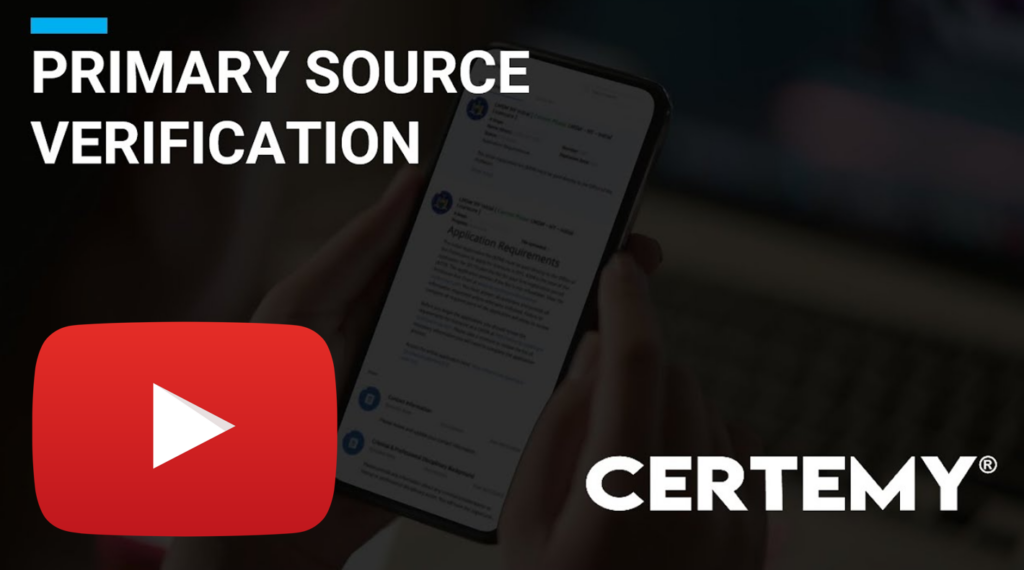
License Verification Tool | Certified in Care Coordination and Transition Management
Todays competitive job environment requires organizations to uphold the highest level of Compliance to ensure they stay ahead of the curve. Yet, staying on top of the ever-evolving laws and regulations surrounding professional licenses is an overwhelming task. Fortunately, license Verification technologies offer a solution to this challenge. In this guide, we delve into the world of license verification to better understand its complexities and how it can be used to create a painless compliance platform.
What is license verification?License verification is the process of validating occupational licenses and certifications for professional roles across an organization. The verification is conducted to confirm that potential hires, as well as current employees, are properly licensed and have not been subject to any disciplinary sanctions. By incorporating a system of license verification, companies can efficiently track and manage licenses and certifications while staying in compliance with various regulatory requirements.How does license verification work?License verification requires access to primary source databases. These databases allow employers to cross-check credentials to determine if the individual holds a valid license. In the United States, credentials are tracked through the Standards for Educational and Psychological Testing (SEPT) program, a national platform that requires individuals to register for professional licensure at the state level.When employers use license verification, they input an individual’s credentials into the primary source platform. The system then verifies whether or not the submitted credentials are valid and up-to-date. The verification process can also include checks on disciplinary sanctions or restrictions for individuals being hired or for current employees. Employers can choose to use automated license verification systems as a way to streamline the process.What are the benefits of using license verification?Using license verification can benefit businesses in numerous ways. For one, license verification tools can provide quick and accurate results, making the time needed for license checks more efficient. This efficiency can be hugely beneficial for companies that need to quickly fill positions, as they can confirm the qualifications of hires in a short amount of time.In addition, license verification systems can offer an in-depth look into the backgrounds of job candidates and current employees. This can help employers make informed decisions during the hiring process and ensure that individuals chosen are able to perform the duties associated with their role.License verification can also help organizations maintain regulatory compliance by reducing the risk of using unlicensed professionals. Many companies have turned to license verification systems to guarantee compliance with state requirements and avoid costly penalties.What are the challenges of license verification?While license verification can be a powerful tool in maintaining compliance, there are some potential challenges. One of the major drawbacks to the process is the amount of data entry needed to keep licenses up-to-date. This can be a time-consuming task that requires manual input and often relies on outdated information.Additionally, depending on the industry, some licenses and certifications may not be verified through a primary source platform or may need to be individually verified on a one-off basis. This can lead to an excessive amount of paperwork and manual labor needed to keep track of different specialized licenses.Finally, there is a cost associated with the verification process. Employers must pay subscription fees for access to the primary databases used in license verification. Although there are fees associated with the process, for some organizations, they are well worth it; employers save time and resources in the long-run by streamlining their compliance processes.To summarizeFor companies across the United States, license verification is a critical part of keeping up with regulatory and legal compliance. Used correctly, automated license verification technologies offer a powerful tool to streamline the process and reduce the risk of unlicensed personnel. Although there are challenges associated with license verification, the benefits of having a reliable system in place far outweigh any disadvantages.Topics:

